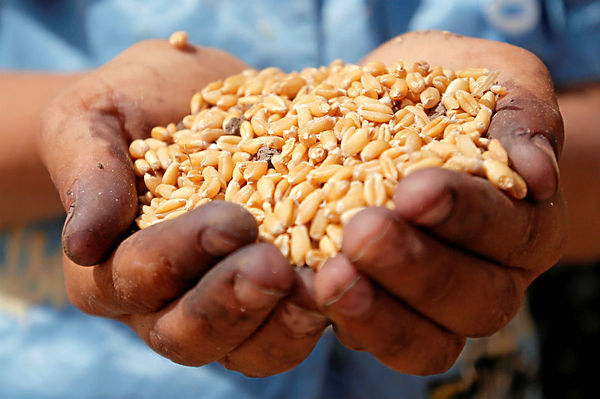Einkorn, emmer, and spelt are ancient species of wheat that were integral to the diets of our ancestors, but have largely faded into memory, replaced by a select number of crops that dominate fields the world over.
In fact, of the 30,000 edible plant species known to science, a mere 30 represent the crops that feed the world. Of those, five cereals (rice, wheat, maize, millet and sorghum) provide 60 percent of mankind’s energy intake. Yet a bewildering array of those outmoded varieties remain accessible, many lying frozen in gene banks. A new research paper, published Monday in Trends in Plant Science, advocates their resurrection, suggesting that the reintroduction of more diversity could bring many benefits.
Moreover, the researchers suggest that the time is ripe for such a reintroduction, considering the burgeoning demand for high-quality, healthy food. «People are interested in diversity, in getting something with more taste, with healthier ingredients, and ancient grains deliver interesting things,» said co-author Friedrich Longin in a press release.
Read original article at csmonitor.com
28 junio 2016Original Author: Jason Thomson

